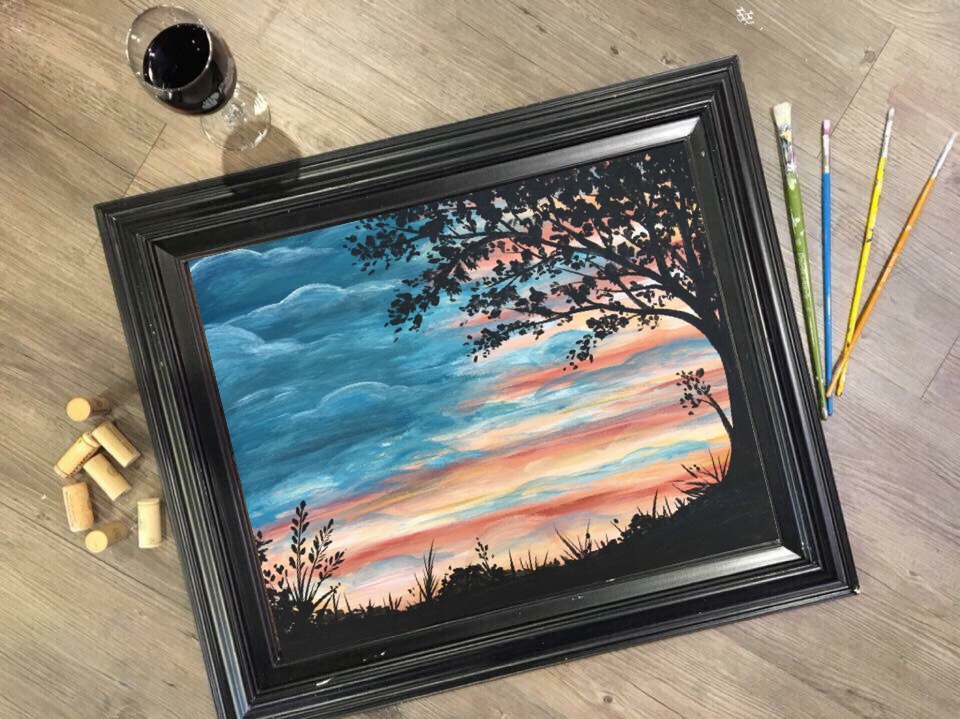Veterans Day and Why We Observe

Two holidays, Memorial Day and Veterans Day, are dedicated to the nation's service members, leading, at times, to confusion as to how they're different. While they're both focused on the military, one day is meant to thank living veterans and the other is intended to pay tribute to those who gave their lives for their country.
America's veterans, those who served in the military and weren't dishonorably discharged, as defined by the Department of Veterans Affairs, are thanked on the aptly named holiday Veterans Day. Included under the umbrella of the term "veteran" are those who served their country and passed away, although the holiday is predominately geared toward the living.
It occurs annually on November 11, six months after Memorial Day, which, as its name indicates, is intended to be a way of memorializing those who gave their lives serving America.
Originally called Armistice Day, the holiday commemorated the day the Allied forces and Germany put into effect an armistice on November 11, 1918, signaling an end to the fighting of World War I. It became an official holiday in 1938, according to the Department of Defense.
By 1954, Americans had served in World War II and the Korean War, causing veterans service organizations to urge Congress to change Armistice Day to Veterans Day. This way, service members from all wars would be honored and not just those who served in World War I.
Just as Veterans Day wasn't always called Veterans Day, it wasn't always commemorated on November 11. In the beginning, people celebrated veterans on November 11, but the passage of the Uniform Holiday Act in 1968 moved the holiday to Monday, regardless of the date. The goal was to create guaranteed three-day weekends, which, theoretically, would spur travel and family activities, therefore boosting the economy.
From October 25, 1971, until 1977, Veterans Day was celebrated on the fourth Monday of October. However, in 1975, President Gerald Ford signed a law and the holiday was returned to November 11 in 1978.
To celebrate Veterans Day, towns and cities will often have parades and businesses will offer discounts to service members and veterans. Unlike on Memorial Day, when it may be more appropriate to tell veterans to have a "meaningful day," according to NPR, on Veterans Day, it's entirely acceptable and encouraged to tell a veteran, "thank you for your service."
Another free way to acknowledge a veteran's service on Monday, as recommended by Military.com, is to ask them about their past. Instead of just thanking them for serving, inquire as to what their role in the military was and why they chose the branch they did. For some veterans, "thank you for your service," can come off as hollow due to its widespread use, so taking time to listen can show a deeper appreciation.
Also, if you're planning on making a card or sending someone a digital message for Veterans Day, be sure to spell it "Veterans Day." People sometimes refer to it as "Veteran's Day," but the proper spelling does not include an apostrophe.

